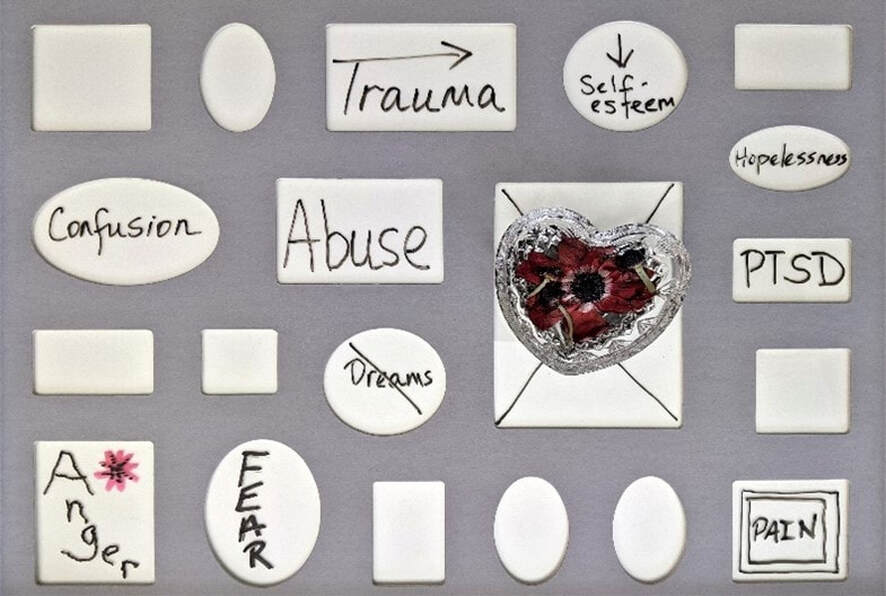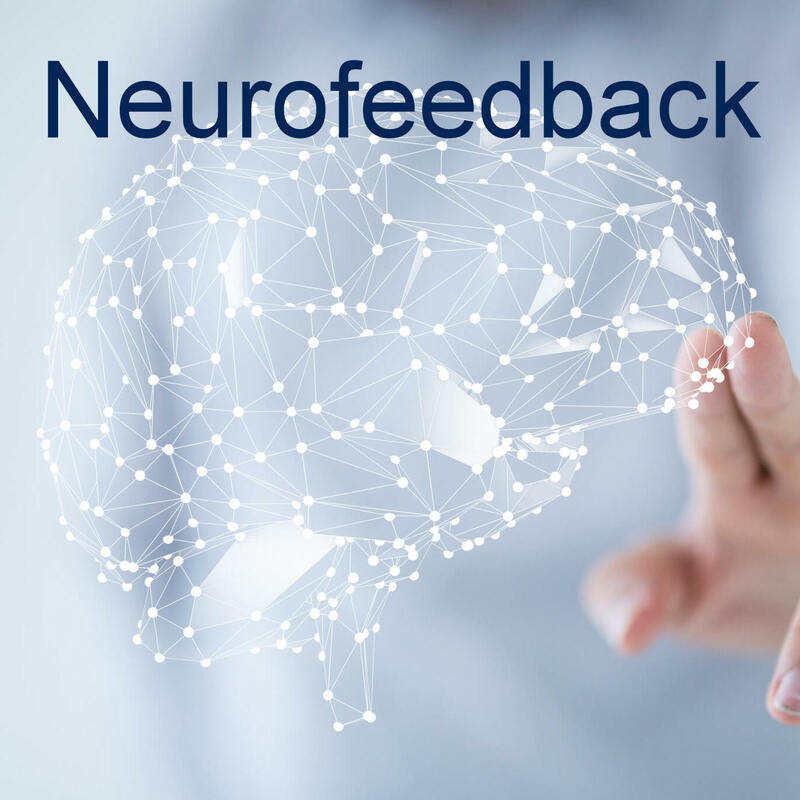|
By Andrea Panebianco, MS What is trauma? Trauma is a lasting emotional response that individuals experience once having lived through a distressing or painful event. While many people endure traumatic events, it is important to remember that the experience of trauma can significantly impact one’s ability to function in their everyday lives. This notion is particularly true for adults and children who have experienced prolonged trauma, including trauma related to pervasive racism, poverty, and other adversities. So, with this, what is executive functioning? Executive functioning includes a multitude of mental processes that enable us to communicate, attend, focus, and multitask; it helps us remember and apply information, plan and achieve goals, and make healthy decisions for ourselves and others. Importantly, these types of skills are related to the physical development of our brains. Executive functioning, therefore, is a crucial element for maintaining academic, cognitive, social, and behavioral success throughout our lifetime. How, then, does trauma impact someone’s executive functioning skills? People who experience significant trauma are more prone to difficulties with mental health. Trauma can actually physically alter the way our brain develops and our neural connectivity. These types of neurological disruptions may impact someone’s capacity to utilize executive functioning abilities, including attention, memory, mood, and self-regulation. Those who have experienced trauma may have overwhelmed their ability to cope with new obstacles, causing struggles with small, daily living activities which would usually be mediated by executive functioning abilities. For these reasons, it is important to recognize that those who have experienced trauma may require care and support to overcome past and future obstacles. Utilizing community resources and creating strong support systems are crucial steps towards strength, stability, and social-emotional care. Similarly, there are therapeutic settings and interventions used to address trauma, including individual therapy or community support groups. It is important to remember that you don't have to go through this alone, and that your past does not dictate your future. With help, you can heal and change. Executive Function (N.D.). Administration for Children and Families. U.S. Department of
Health & Human Services. https://www.acf.hhs.gov/trauma-toolkit/executive-function Lu. S., Pan. F., Gao, W., Wei, Z., Wang, D., Hu, S., Huang, M., Xu, Y., Li, L. (2017). Neural correlates of childhood trauma with executive function in young healthy adults. Oncotarget, 8(45), 79843-79853.
0 Comments
Leave a Reply. |
Archives
October 2023
Categories
All
|


















